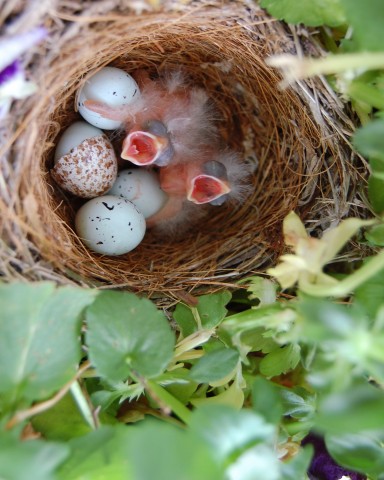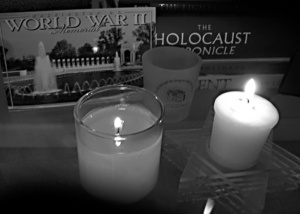 The Almond Tree, by Michelle Cohen Corasanti is a brilliantly written novel of courage, loss and redemption in a world that constantly shatters the lives of those living on occupied land. The story is a haunting reflection on Ichmad Hamid’s family and the events that controlled their lives.
The Almond Tree, by Michelle Cohen Corasanti is a brilliantly written novel of courage, loss and redemption in a world that constantly shatters the lives of those living on occupied land. The story is a haunting reflection on Ichmad Hamid’s family and the events that controlled their lives.
Ichmad is a brilliant boy, with a mind that is infused with mathematical genius. At the age of twelve his life and the lives of his family members are uprooted with the confiscation of their home, and with his father being jailed for terrorism. These events are the beginning of Ichmad’s emotional and physical journey to try to improve the condition of his family, although the odds are against his succeeding.
In a world where the Palestinians have no stronghold over their homes, their belongings and their lives, Ichmad’s father directs him, through correspondence, to take the more peaceful route, and not to harbor hatred in the face of extreme adversity. His mother, on the other hand, holds resentment for everything inflicted on the family, and never fails to verbalize her feelings. His father’s strength, even though he is behind bars, shines through, and his words of encouragement lead Ichmad down the path towards self-fulfillment, not only for himself (Ichmad), but also for his family’s welfare.
Ichmad is a survivor, a power of mental strength within the confines and restrictions set before him. His sense of selflessness is the force that binds him to his goals, and binds him to his family. He strives to overcome the adversity set before him, and works himself to the bone in order to provide for his family, while at the same time committing himself to his university studies.
His studies lead him to an Israeli teacher, a man who is consumed by events of the Holocaust. His hatred for Ichmad is apparent, yet Ichmad perseveres through all of the anger, and shows not only his strength of character, his brilliant mind, but also his desire for peaceful solutions within the realm of both sides of the border. His genius in the area of physics helps him complete his goals, and accomplish what nobody thought he could, including his teacher.
Corasanti is a Jewish American, and a person whose sensitivity to both sides of the Middle East conflict is obvious within the pages of her beautiful prose, and with her presentation of a story which is usually told from the Israeli perspective, and not the side of the repressed Palestinians.
She puts a compelling light on the events of the daily lives of the Palestinians who struggle to survive under harsh and often cruel forces. The book is a painful read, a poignant read, and an inspirational read. The messages are clear, and Michelle Cohen Corasanti vividly paints a picture of a family in limbo, and within the family, a son, named Ichmad, who strives for peaceful answers and for forgiveness under the umbrella of boundaries in constant conflict.
I was caught up in the struggles and events that the family went through. There were times that I was in shock over situations that were so graphically depicted, I couldn’t believe what I was reading. The book was gripping, and the pages consumed me with a deeper understanding of the human factor involved with the ongoing conflicts in the Middle East. Humanity, at its worst, is portrayed, as well as human nature at its best.
The Almond Tree will stay with me for a long time…the story is so compelling and left me with so much to ponder regarding the human condition and regarding loss (in all of its forms) and regarding dignity and redemption.
Michelle Cohen Corasanti is masterful with her word-images. I highly recommend The Almond Tree to everyone.
January 31, 2013 – 20 Sh’vat, 5773
All rights reserved © Copyright 2007 – All Rights Reserved – No permission is given or allowed to reuse my photography, book reviews, writings, or my poetry in any form/format without my express written consent/permission.









